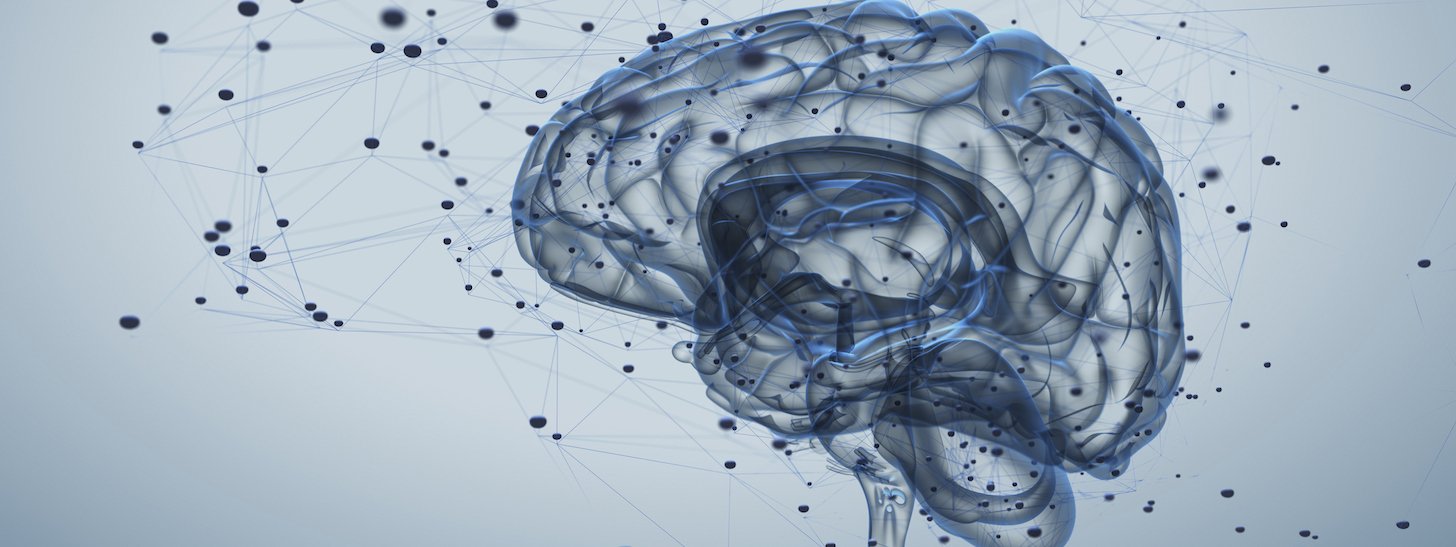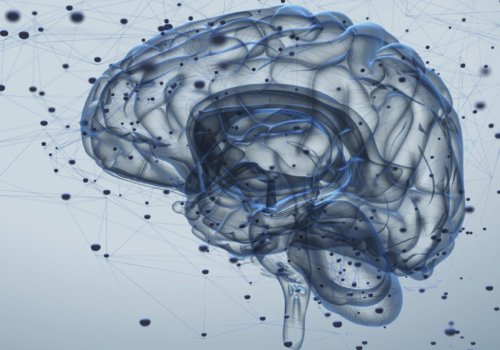How Migraine Evolves With Age
Migraine symptoms and triggers in children are different than symptoms and triggers in adults, and those factors evolve for individuals as they age
Every person with migraine experiences different symptoms and triggers, and those factors can change for individuals as they age. Infants and young children might not experience headaches, but they can exhibit signs that they’re likely to develop migraine in the future, said Yulia Orlova, MD, a neurologist and assistant professor at the University of Florida. And teens and adults who have headaches may see their symptoms and triggers change as they grow older.
In a recent Facebook live chat hosted by the American Migraine Foundation, Orlova discussed how migraine symptoms and triggers can change throughout the years, and how parents can help reduce the frequency, severity and progression of their children’s headache symptoms.
Infants
Babies whose parents have migraine are twice as likely to develop migraine during their life, Orlova said. Colic—when an infant cries inconsolably for long periods despite appearing to be healthy—could be a sign that a baby will have migraine later in life, Orlova said.
Children
Young children can suffer from several syndromes that may be signs of developing migraine. Cyclic vomiting syndrome occurs when a child starts vomiting and has gastrointestinal problems, Orlova said. The vomiting can last for hours or days, stopping and then restarting, but tests on the child may return normal results. The child might not complain of headaches during the vomiting, Orlova said, but cyclic vomiting syndrome is a sign that someone may be likely to develop migraine as he or she grows up.
Children may also suffer from abdominal migraine, which presents as a sudden pain in the belly, Orlova sad. The pain “comes out of nowhere and disappears,” Orlova said, and test results are likely to show that the child is healthy. But abdominal migraine is another sign of the potential for migraine and headache later in life.
“Even though a child does not have a headache … there are certain things that, as a parent, you can do to help your child to minimize the risk of migraine and make it less severe later in life,” Orlova said.
Children can benefit from eating regular meals and maintaining a consistent sleeping schedule. That could mean limiting their use of electronic devices before bed so kids have time to wind down, relax and get to sleep, Orlova said. Such lifestyle modifications are “very, very important in children,” with trials that show these changes could be as effective as some medications in helping people with migraine, Orlova said.
Teens
Most people with migraine start to have headaches during adolescence, Orlova said. Teens can be triggered by overuse of caffeine, like coffee, irregular sleep patterns and excess stress. Stress is a particularly significant trigger and can have effects that last throughout a teen’s life. Intense stressors, like child abuse, have a “profound effect” on a developing brain, and can cause a child to have more severe headaches later in life, Orlova said.
Adults
Headaches and their triggers can change as a person ages. While stress may be the biggest trigger for a child or teen, adults in their 30s and 40s may be triggered by hormonal changes, and people in their 50s and 60s can be triggered by pain, smoking and alcohol, Orlova said. Headaches might become less frequent and less severe as people age, and people with migraine may become less sensitive to noise, light and smells over time.
“It’s commonly said that headache frequency decreases with menopause,” Orlova said, but she noted that’s not true for all women. Migraine is still the most frequent cause of headache in people in their 50s and 60s, Orlova said, but it does become uncommon for people have a new onset of headache if they’re 40 or older.
Regardless of your age, there are tools that may decrease the frequency and severity of headaches for people at risk of migraine. Our searchable doctor database can help you find a specialist in your area who can assess migraine risk and develop a custom treatment plan.


